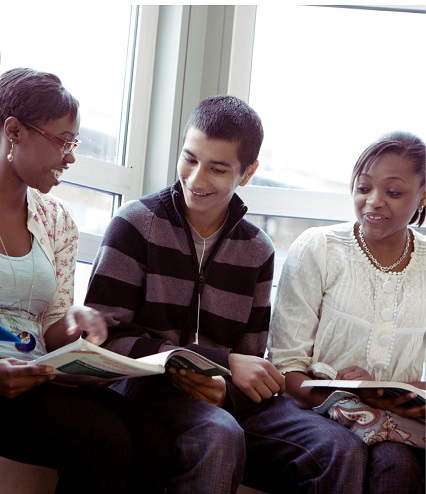It's possible that the page you're looking for may have been moved, updated or deleted. Or could be due to a misspelling of the web address you are looking for.
Click here to return to the homepage to find what you are looking for.
You are here: Home > Sorry, this page is no longer available
It's possible that the page you're looking for may have been moved, updated or deleted. Or could be due to a misspelling of the web address you are looking for.
Click here to return to the homepage to find what you are looking for.

"Our son is mostly calm and happy now. You can see by the way he interacts with all his carers and staff that this is his home."
Parent
